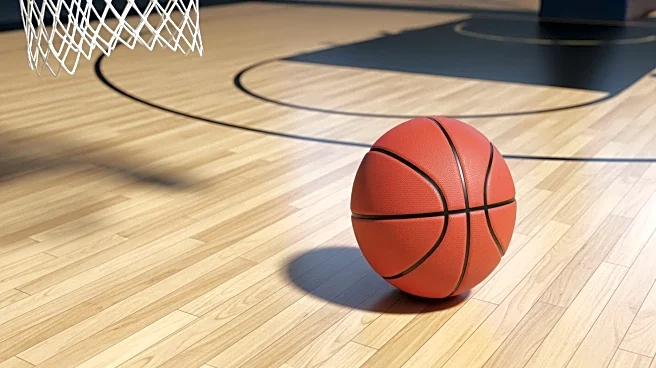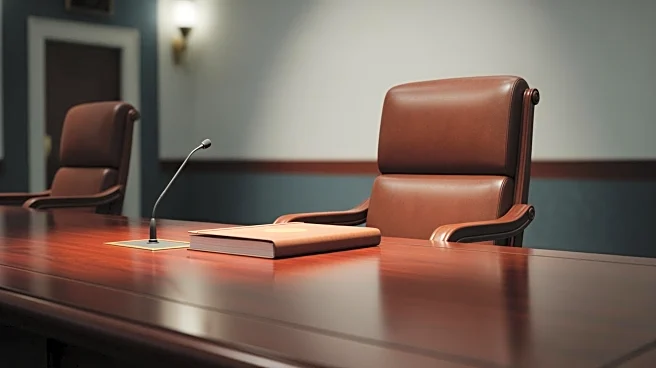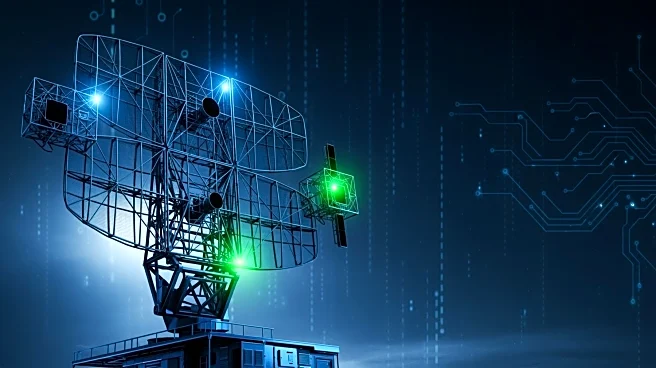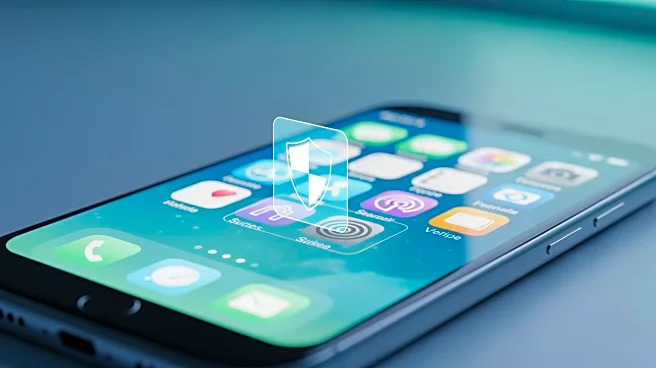What's Happening?
Bill Self, the Kansas basketball coach, has expressed concerns over the NCAA's updated eligibility guidelines that allow NBA G League players to enter the transfer portal and apply for college basketball eligibility.
Speaking at the Big 12 basketball media days, Self admitted to not fully understanding the rule but highlighted potential unintended consequences. His comments follow the commitment of London Johnson, a former G-League player, to Louisville, marking a shift in college basketball recruitment strategies. Self's remarks align with those of other prominent coaches like Tom Izzo and Kelvin Sampson, who have also voiced concerns about the direction of college basketball.
Why It's Important?
The NCAA's decision to allow G-League players to return to college basketball could significantly impact recruitment strategies and the competitive landscape of college sports. Coaches may now prioritize scouting G-League players over traditional high school recruits, potentially altering the dynamics of college basketball teams. This shift raises questions about the future of college basketball and the balance between professional and collegiate sports. The rule could lead to increased competition for spots on college teams, affecting high school athletes' opportunities and the overall development of young players.
What's Next?
As the NCAA's eligibility rules continue to evolve, college basketball programs may need to adapt their recruitment strategies to accommodate G-League players. Coaches like Bill Self will likely seek clarity on the rules to better understand their implications. The NCAA may face pressure to refine these guidelines to address concerns raised by coaches and ensure fair competition. Additionally, the impact on high school recruitment and player development will be closely monitored as teams navigate this new landscape.
Beyond the Headlines
The integration of G-League players into college basketball raises ethical questions about the balance between education and professional sports. It challenges the traditional notion of college athletics as a stepping stone to professional leagues, potentially blurring the lines between amateur and professional status. This development may also influence the cultural perception of college sports, as the focus shifts towards recruiting players with professional experience.









